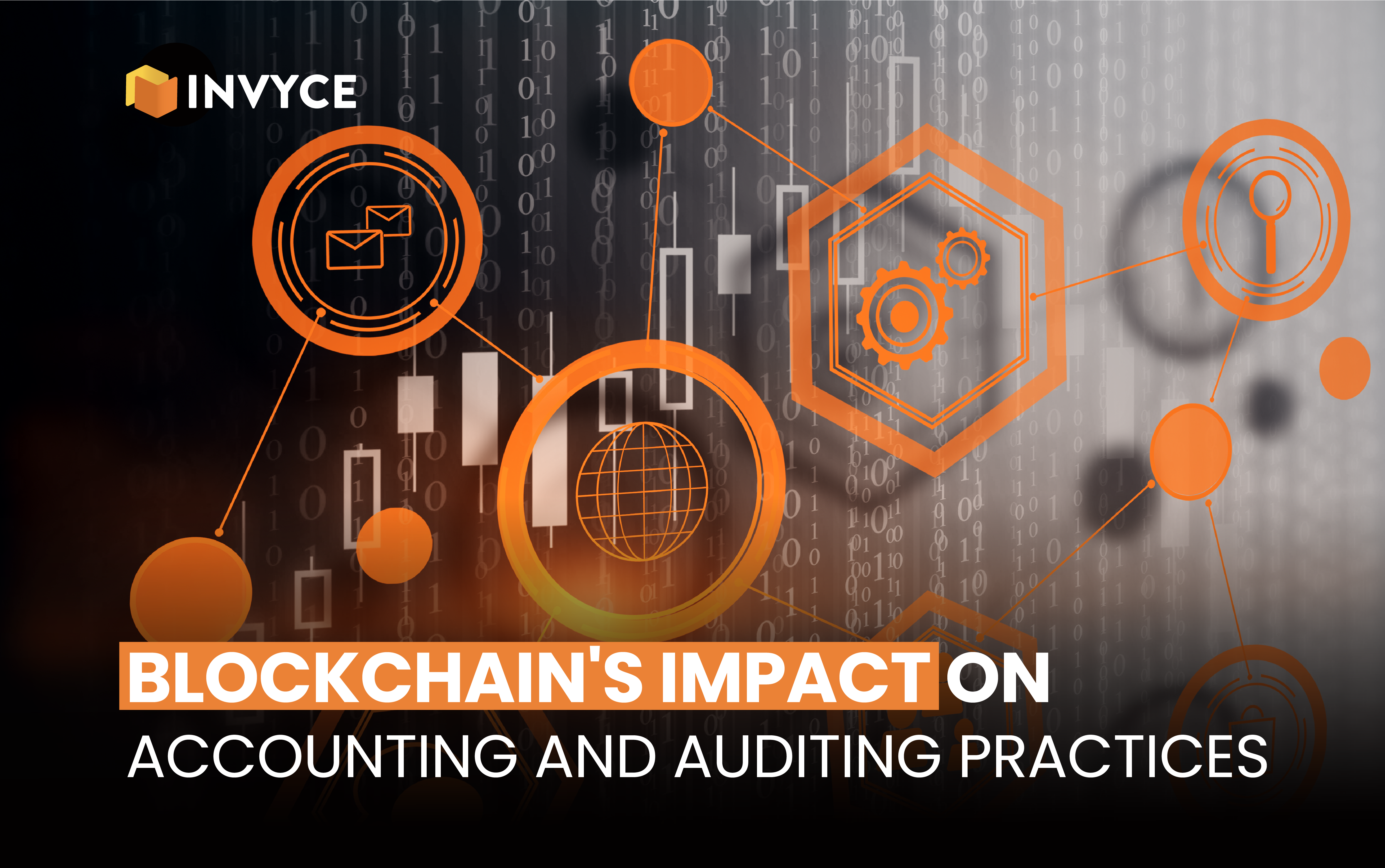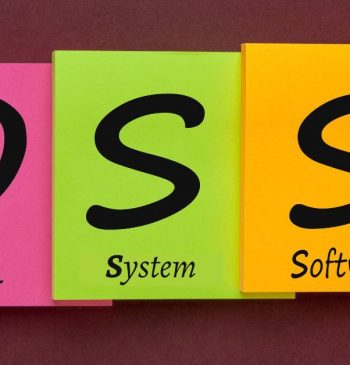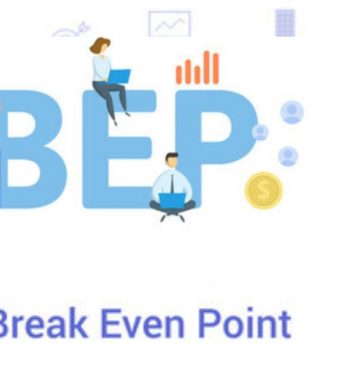14 May

Blockchain technology significantly shifts how accounting and auditing practices manage and analyze financial data. This technology, renowned for its robustness and transparency, is poised to redefine the norms of financial reporting and compliance. We explore the practices and challenges associated with blockchain as it reshapes these fields.
Furthermore, blockchain technology enables the automation of certain accounting tasks through smart contracts. Smart contracts are self-executing contracts with the terms of the agreement directly written into code. They automatically execute predefined actions when certain conditions are met, eliminating the need for manual intervention.
For example, smart contracts can automate invoice processing, payment reconciliation, and revenue recognition, improving accuracy and efficiency in accounting operations.
Table of Contents
What is Blockchain?
The blockchain is a distributed digital ledger that records transactions across multiple computers. This ensures that each entry is secure and immutable.
Identify how Blockchain can Improve Accounting Practices.
Automated Transactions: Utilize smart contracts to automate financial transactions and
entries, reducing manual input and the likelihood of errors.
Real-Time Reporting: With blockchain, financial data can be updated in real-time, offering an up-to-date view of a company’s financial status.
Reduced Costs: Minimize costs related to record-keeping and financial reporting by leveraging blockchain’s automated processes.
Transforming Auditing Practices
Understand blockchain’s impact on auditing.
Continuous Auditing
Implement blockchain to facilitate continuous auditing practices, allowing auditors to monitor transactions as they occur.
Enhanced Fraud Detection: Use blockchain’s traceability to detect and prevent fraudulent activities more effectively.
Increased Efficiency
Reduce the time auditors spend on verifying transaction authenticity, as each transaction on a blockchain is validated by consensus.
Implementing Blockchain in Financial Systems
Infrastructure Development: Invest in the necessary technology infrastructure to support blockchain capabilities.
Policy and Compliance: Update policies and ensure compliance with existing financial regulations as they adapt to accommodate blockchain technology.
Staff Training: Educate and train accounting and auditing staff on blockchain technology and its applications in their day-to-day tasks.
Overcoming Challenges
Technical Challenges
Tackle technical issues such as integration with existing IT systems and data privacy concerns.
Regulatory Uncertainty
Navigate through regulatory uncertainties and changes as governments and financial bodies update standards to include blockchain technology.
Adoption Resistance
Manage resistance to change by demonstrating blockchain’s long-term benefits to stakeholders and employees.
Prepare for Future Trends and Advancements in Blockchain.
Innovations in Blockchain
Keep abreast of ongoing innovations and advancements in blockchain technology that could further enhance accounting and auditing practices.
Global Standards and Practices
Participate in discussions and forums that aim to set global standards for blockchain in accounting and auditing, ensuring best practices are adopted worldwide.
Strategic Partnerships
Forge partnerships with technology providers and other organizations to leverage collective expertise and resources in blockchain implementation.
Conclusion
Blockchain technology is not just a trend; it is set to become a fundamental component of modern accounting and auditing practices. By following this guide, professionals can prepare themselves and their organizations for a smoother transition into a blockchain-enhanced future. This technology will streamline and secure financial processes as well as provide a competitive edge in a rapidly evolving digital environment.
Table of Contents
Marjina Muskaan has over 5+ years of experience writing about finance, accounting, and enterprise topics. She was previously a senior writer at Invyce.com, where she created engaging and informative content that made complex financial concepts easy to understand.
Related Post
Copyright © 2024 – Powered by uConnect



Marjina Muskaan